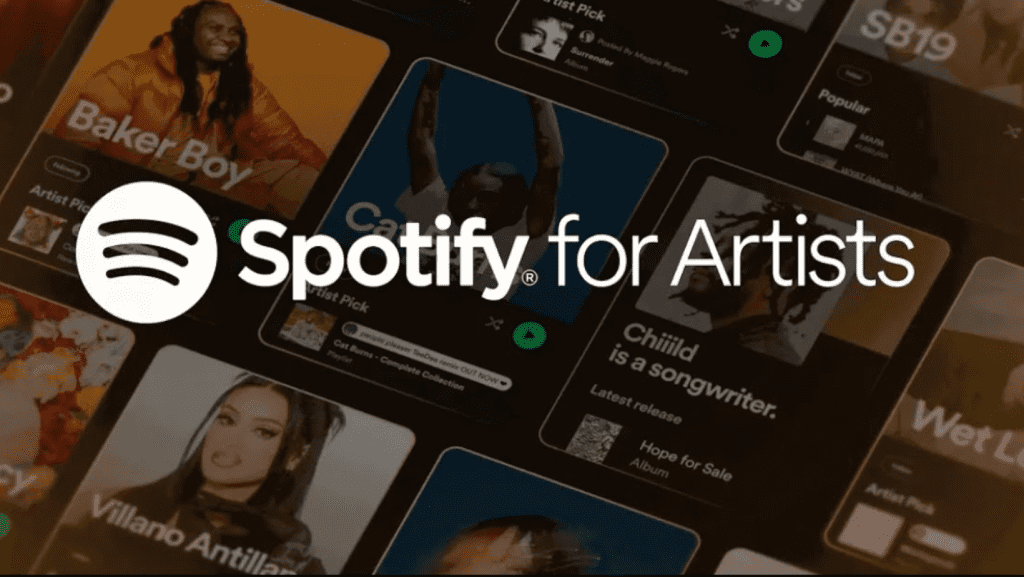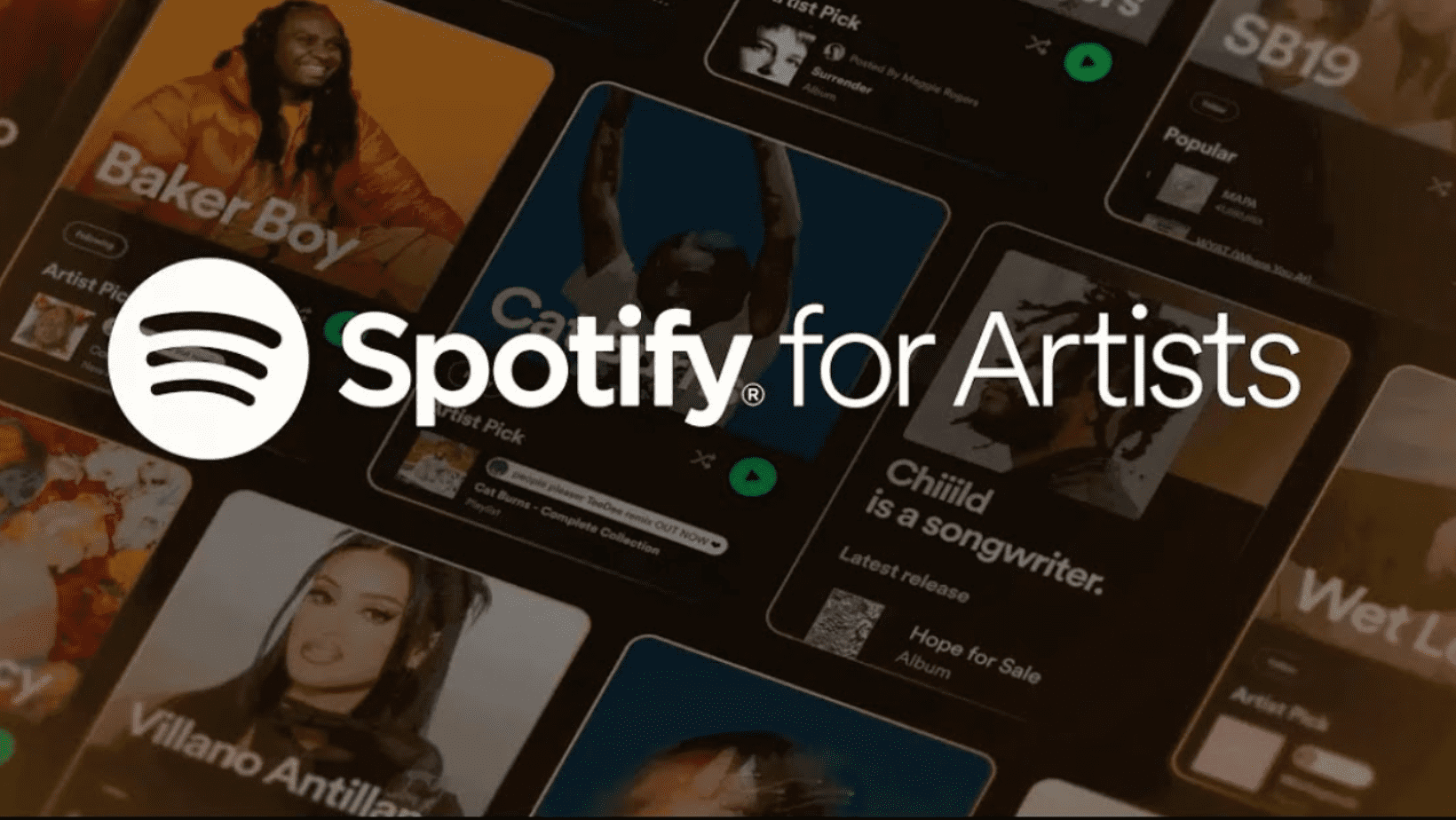

Spotify is under fire after AI-generated songs were discovered on the official artist pages of deceased musicians Blaze Foley and Guy Clark, raising serious questions about consent and digital rights.
Spotify is once again facing criticism—this time for publishing AI-generated songs under the official profiles of deceased artists without notifying their estates or record labels. A recent investigation by 404 Media revealed that several profiles hosted artificial tracks falsely attributed to well-known late musicians.
AI Songs Uploaded Without Approval
Among the most controversial cases is Blaze Foley, a Texas folk singer who passed away in 1989. Foley’s music is managed by the independent label Lost Art Records. However, a track titled “Together”—created by an AI alias named Syntax Error—was recently discovered on Foley’s verified Spotify profile.
The song featured AI-generated vocals and a synthetic cover image. According to Craig McDonald, the manager of Foley’s catalog, the track lacked any resemblance to Foley’s authentic sound.
“I can clearly tell you that this song is not Blaze—not anywhere near Blaze’s style,” said McDonald. “It’s kind of an AI schlock bot, if you will. That whole posting has the authenticity of an algorithm.”
Other Artists Affected
Foley is not the only artist affected. A similar AI-generated track by Syntax Error was also uploaded to the profile of Guy Clark, another respected folk songwriter who died in 2016. In both cases, representatives of the artists were not informed or asked for consent before the tracks appeared online.
This incident has sparked debate over how easily AI-generated content can infiltrate major music platforms, bypassing traditional gatekeeping by estates, labels, or artist managers.
Spotify’s Response and Concerns About AI in Music
Once the issue was reported, Spotify removed the unauthorized tracks. However, the company has not yet issued a detailed explanation or committed to preventative measures that could stop similar incidents in the future.
As AI-generated music becomes more common, concerns about ethical use, consent, and digital legacy continue to grow. The incident highlights the urgent need for platforms like Spotify to establish clear guidelines and verification systems for protecting artists—living or deceased.

